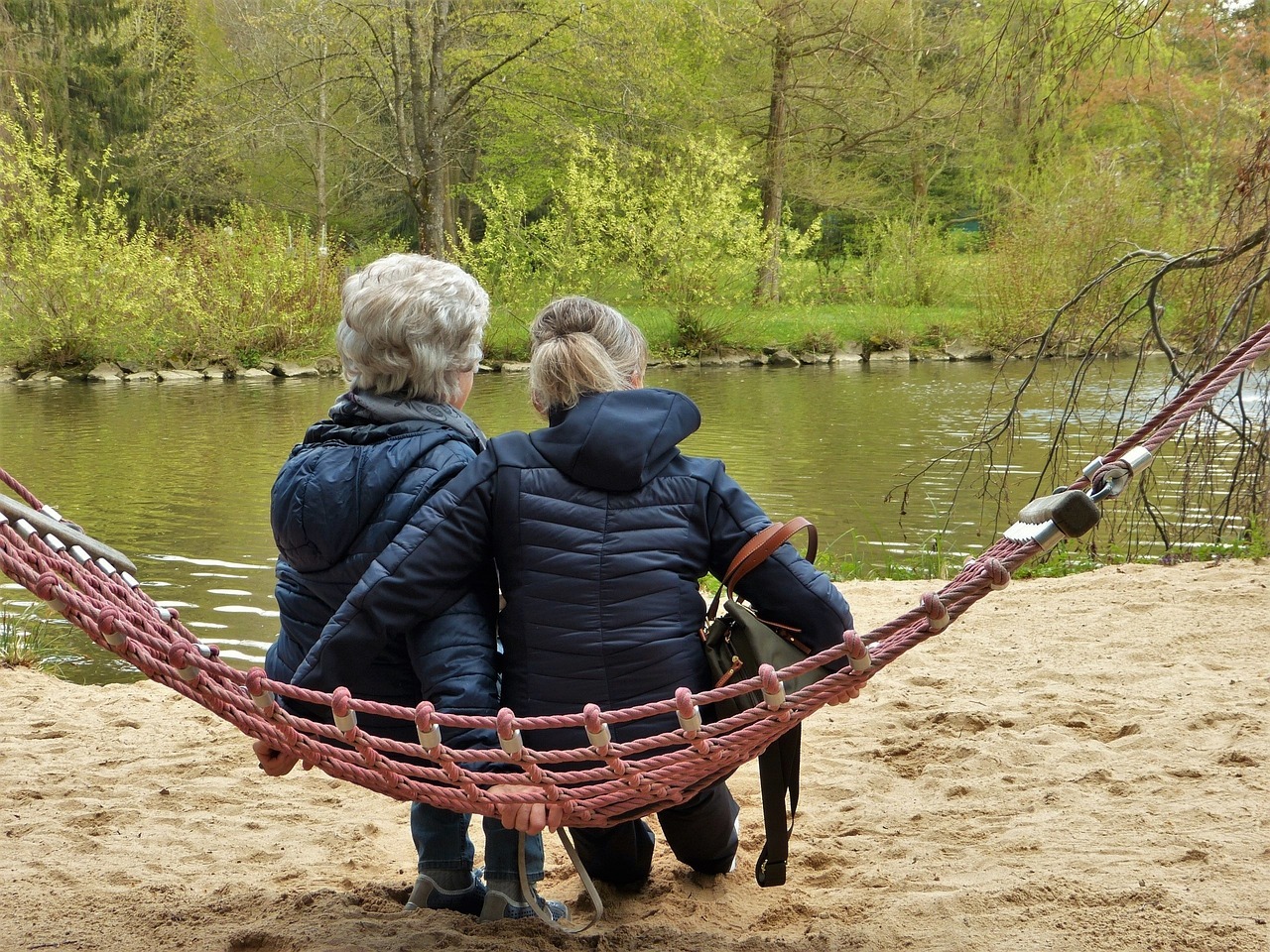
Menopause is a natural biological process that occurs in women as they age, typically between the ages of 45 and 55. While menopause is a universal experience for women, the specific symptoms and their management may vary among different populations, including Asian women.
The treatment options for menopause symptoms, regardless of ethnicity, generally fall into two categories: hormone therapy and non-hormonal therapies. It’s important to note that the choice of treatment depends on various factors such as the severity of symptoms, overall health, personal preference, and consultation with a healthcare professional. It’s always recommended to consult with a healthcare provider for personalized advice.
- Hormone Therapy: Hormone therapy involves the use of estrogen alone or a combination of estrogen and progesterone. It can be administered in the form of pills, patches, creams, gels, or vaginal rings. Hormone therapy is effective in relieving menopausal symptoms like hot flashes, night sweats, vaginal dryness, and mood swings. However, it’s important to discuss the potential risks and benefits of hormone therapy with a healthcare professional as it may have certain risks associated with long-term use, such as an increased risk of breast cancer, blood clots, and stroke.
- Non-Hormonal Therapies: Non-hormonal treatments can also help manage menopause symptoms. These include:
- Lifestyle changes: Maintaining a healthy lifestyle by exercising regularly, eating a balanced diet, getting enough sleep, and managing stress can help alleviate symptoms.
- Phytoestrogens: Asian diets, particularly in regions such as Japan and Korea, are rich in phytoestrogens. These are plant compounds that have a mild estrogen-like effect in the body. Foods such as soy, tofu, tempeh, and flaxseeds are good sources of phytoestrogens. Including these foods in the diet may help alleviate symptoms.
- Herbal remedies: Traditional herbal remedies have been used in Asian cultures for centuries to manage menopausal symptoms. For example, Dong quai, a Chinese herb, is believed to have estrogen-like effects and is commonly used for menopause symptoms. However, the scientific evidence supporting the effectiveness of herbal remedies is limited, and their safety and efficacy vary. It’s important to consult with a healthcare provider before using any herbal remedies.
- Cognitive-behavioral therapy (CBT): CBT techniques, including relaxation exercises, deep breathing, and mindfulness, can help manage menopausal symptoms such as hot flashes and mood swings.
It’s worth emphasizing that menopause is a natural process, and while the symptoms can be challenging, they are temporary. Seeking support from healthcare professionals, staying informed, and maintaining a healthy lifestyle can greatly help in managing menopausal symptoms for Asian women as well as women from other ethnic backgrounds.
See More on Video

The Menopause Solution™ By Julissa Clay The Natural Menopause Solution: It is a complete guide on checking the symptoms of menopause and treatment options to reduce the problems. 21-Day Plan for Natural Menopause Solution: It is the most admirable part of this program as it ensures to get rid of your problem within a few days.